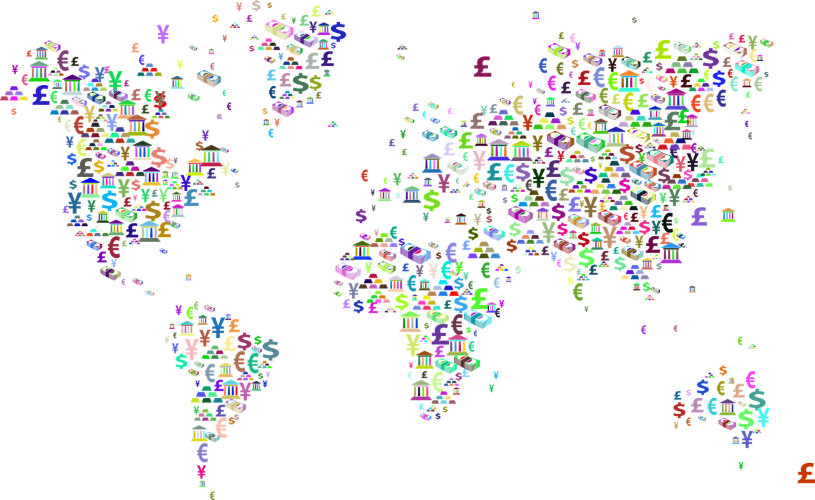When studying for a master’s in international relations – one of the highest-paying master’s degrees – you’re not just memorizing facts. You’re deepening your knowledge about different parts of the world around you and, above all, developing skills. These skills form the basis of the most important objectives for graduate international relations degree programs. By the time they complete their master’s in international relations program, students should be able to understand global issues, analyze international interactions, learn about international law and trade and develop leadership skills.
Develop a Keen Understanding of Global Issues and Perspectives
Solving global issues, and even understanding the nuances of them, can be tricky. When you earn a graduate degree in this subject area, you will study the theories of international relations and how they are applied to make sense of events and challenges. Fully understanding the historical contexts, cultural factors and other intricacies involved in a global event that could have serious consequences is the first step to solving these major issues.
Part of what makes understanding global issues so difficult is that the field of international relations doesn’t fit into a single discipline. The complex factors that fuel these issues encompass everything from history, culture and religion to economics and politics. Having a background in only one of these disciplines may leave you without the crucial concepts needed to fully understand the issue. International relations master’s degree programs are interdisciplinary, drawing on the foundations and perspectives of political science, history, anthropology, sociology, economics and other fields to help students better understand international issues from all angles.
Some of the types of problems that constitute global issues – and which an international relations student must develop an understanding of – include human rights, poverty, environmental concerns and policies, armed conflict and genocide.
Learn to Analyze International Interactions
A big part of the study of international relations is how different countries interact with each other. Although it would be wonderful if each nation always got along with the others, the reality is that there are sanctions, skirmishes, threats, armed conflicts and other tensions between countries. Students of international relations programs develop the skills to look critically at events and interactions.
With the knowledge they gain through the graduate curriculum, they become able to understand the different processes that occur in different types of global interactions. They can recognize the signs that suggest how interactions will play out and predict the likely outcomes of those interactions. In the case of interactions that could turn hostile or violent, these skills are crucial for getting out ahead of potentially negative interactions to prevent disastrous outcomes.
While many students earning a degree in international relations want to play an active part in real-world events that take place on the global stage, they should also learn how to conduct and interpret research in the field of international relations.
Become Familiar With the Principles and Practices of International Law and Trade
International trade is one of the factors that bring countries together. Through engaging in imports, exports and tourism, countries foster relationships and nurture their own and each other’s economies. The more you know about international trade interactions and different economies across the globe, the better you can understand these financial and trade factors that affect international affairs.
IMAGE SOURCE: Pixabay, public domain
To that end, international relations students will often take coursework in macroeconomics and microeconomics as they pertain to international relations and public affairs. Studying economics means understanding the resources and assets – which aren’t always strictly monetary – that countries have and how they’re used.
Students should also develop some knowledge of international law, which may encompass trade law, criminal law, justice systems across the globe and public international law in general.
Cultivate Your Leadership Skills
To inspire fellow diplomats and professionals in foreign affairs to work together, you’re going to need strong skills in leadership. You may not be leading your country as you would as an elected legislator or executive (like the President), but you are still filling a leadership role by representing your nation with dignity and diplomacy in international relations. To build up these skills, you might take a class in leadership, particularly leadership communication. Coursework in this area helps you get better at devising strategies and implementing them through effective spoken, written and multimedia methods of communication.
International relations students might also focus on developing skills related to leadership, such as decision-making and crisis management.
Additional Resources
Are There Different Areas of Study Under the Umbrella of International Relations?
What Are the Basic Concepts of International Relations?
Will a Degree in International Relations Be Helpful If I Want to Live Abroad?

